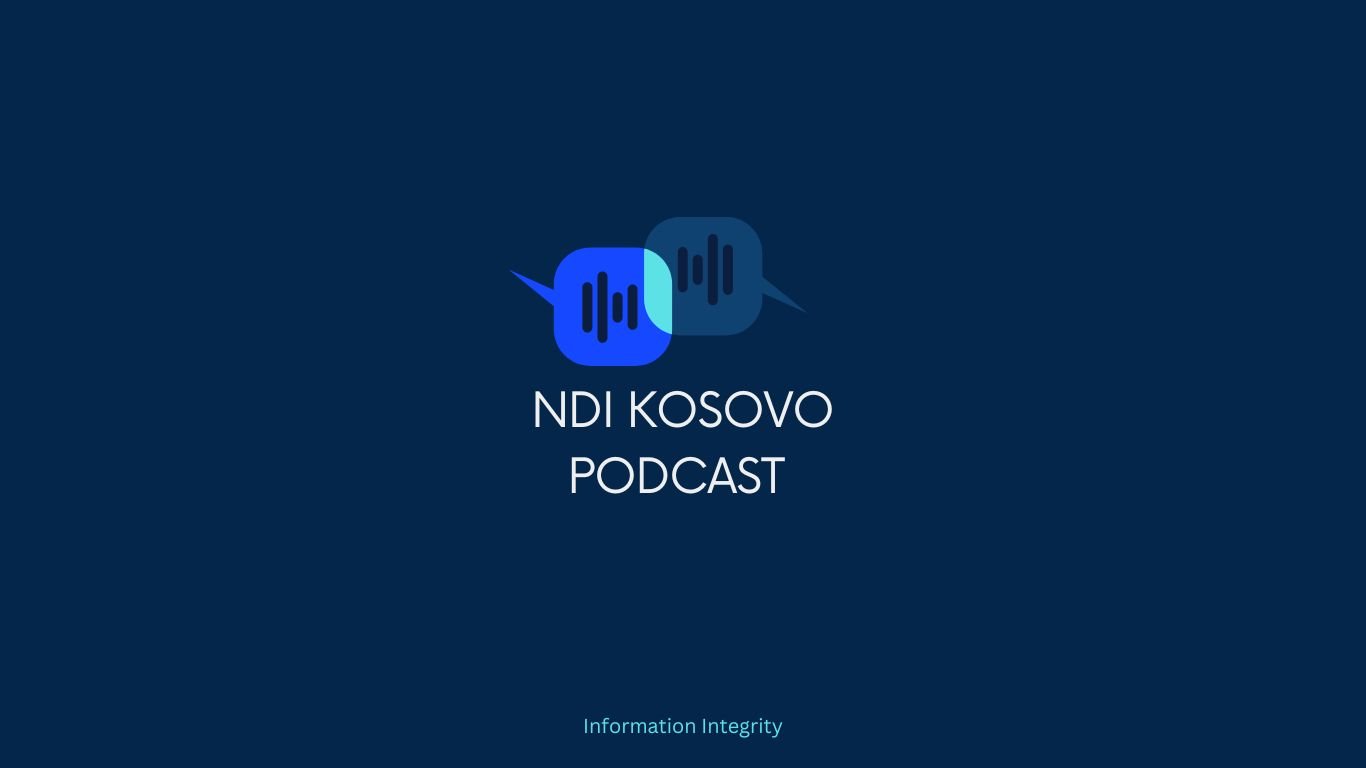Citizen participation is instrumental in promoting transparent and accountable government, and in fostering the norms that underpin a functioning democratic system. Democracy develops and deepens when citizens are active and exercise their right to be heard, and when they use organized, informed action to hold government accountable for making real improvements in people’s lives.
Human-centered design frameworks start by identifying who a product is for and then placing them at the center of the product strategy. The Co/Act toolkit adapts and expands this approach to design digital products, services, or campaigns through modular do-it-yourself style activities that are aggressively low cost, high impact, interdisciplinary, and focused on building the capacity of participants.
The Handbook is an open-source resource designed to help parliaments develop an understandable and implementable cybersecurity plan. It includes explanations of key security topics that parliaments and their staff should be aware of, essential strategies and recommended tools to limit risk, and tips and links to additional resources that can help a parliament implement such recommendations. The Handbook was produced by NDI and the House Democracy Partnership (HDP).
The onset of the COVID-19 pandemic shook the world as many countries experienced high infection rates and overburdened healthcare systems throughout 2020 and 2021 while attempting to rapidly develop vaccines, obtain vaccines from foreign manufacturers, and identify new treatments. However, throughout the early months of the pandemic, Taiwan, an island country of over 23 million people, experienced mostly single digit case numbers and no deaths.
With the highest internet access in the western Balkans, Kosovo faces vast threats to its information integrity. NDI’s global mission in supporting and strengthening democratic institutions recognizes this growing threat to democratic institutions and political and social fabrics globally. While the internet has empowered billions with access to knowledge, it has also empowered those seeking to undermine democracy.

